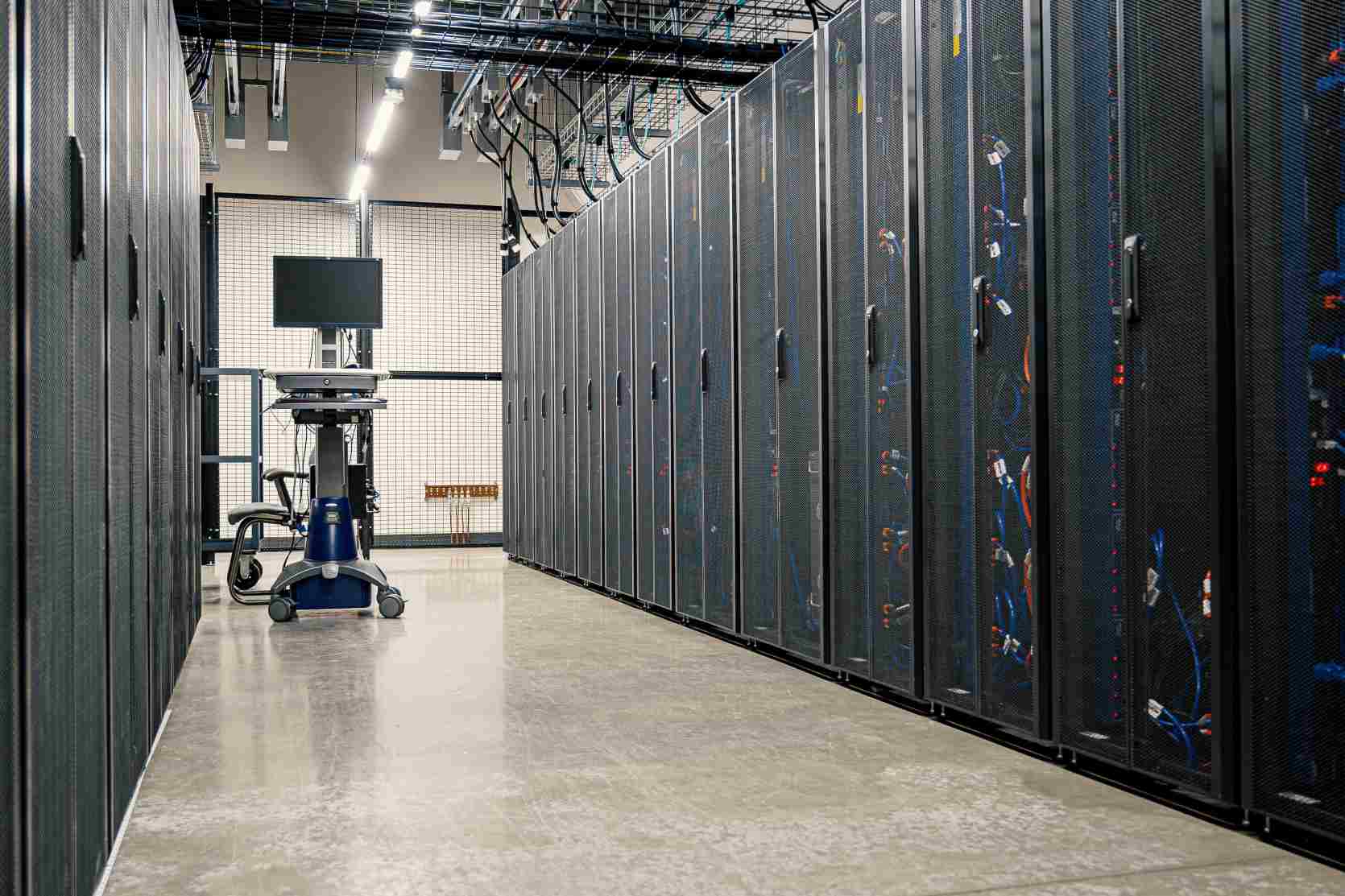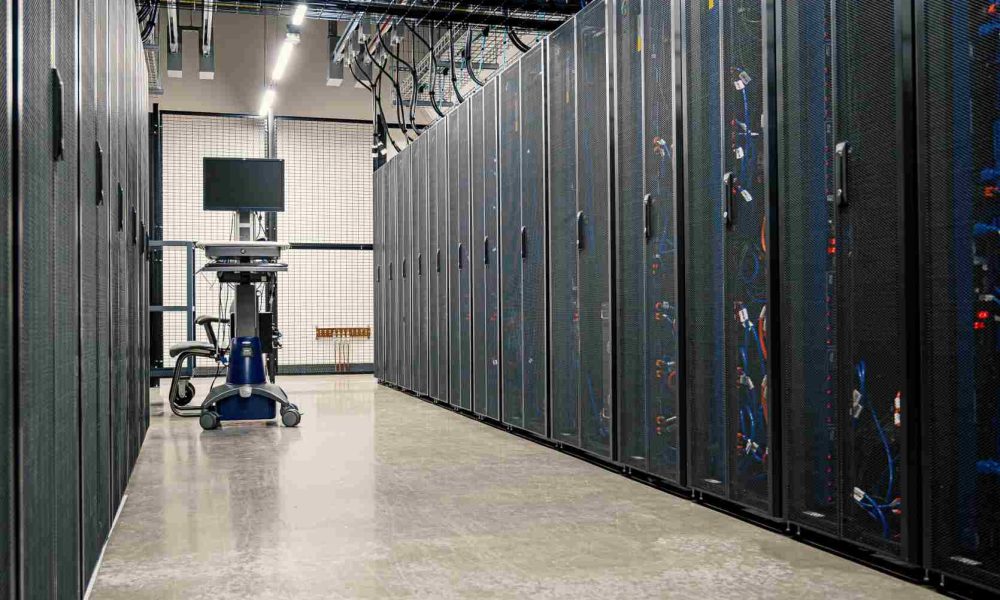Are you trying to look for the best way to store and manage data for your company?
If so this article will help you in getting to know how ServerMania Colocation can be of help to your company. Data centers have been around for years, but with the surge of tech advancements and requirements for data storage, their popularity has grown immensely.
Companies must now make well-thought-out decisions about how to keep their data secure. Data centers and colocation services are two solutions amongst many for storing information.
Though these two choices share some similarities, there are significant distinctions that should be noted. Recognition of those dissimilarities will equip an establishment in selecting the appropriate solution for them.

Here, this article aims to illustrate the particular differences between data centers and colocation and aid in making a wise decision.
Data centers:
Data Centers are essential hubs of technical machinery that enable organizations to securely store, manage and transmit data across the Internet or private networks.
Home to computers, switches, routers, firewalls, storage area networks (SANs), and more, these sophisticated electronic complexes provide users with a reliable source for accessing information quickly and safely.
Data Centers often incorporate advanced security measures such as biometric authentication or encryption to maximize security and protect customer data.
As our world continues to digitalize, Data Centers become increasingly invaluable in their ability to provide cutting-edge hosting solutions for an array of applications and services.
Also Read: What Is a Data Center Server?
Colocation:
Colocation is an advantageous server hosting option for businesses, as it provides access to numerous resources that are unavailable with traditional in-house solutions. Not only does this form of service reduce costs, but it also supplies enhanced security, reliability, and scalability.
Moreover, managing hardware remotely in a specialized data center is often simpler than keeping it onsite.
Colocation centers provide customers with racks, cabinets, or cages for their servers and related equipment, as well as power, cooling and high bandwidth capacity, Internet access, cloud computing outlets, and more.
Overview of differences between data centers and colocation
Data centers:
- Data centers, be they compact or expansive, are essential in ensuring computer servers, routers, switches, cables, and storage units run effectively. Structured carefully to maximize energy efficiency and provide monitoring and control abilities, they allow organizations to maintain a reliable network infrastructure that is integral to their operations.
- Data centers are built to provide an optimal environment for hosting a company’s servers and other technology hardware. Power, cooling, security, and scalability must all be taken into account during the design phase. To ensure uninterrupted service, redundant power, and cooling systems are implemented so that if one system goes down another can instantly step in. This way, even the most extreme power outages or disasters won’t put data centers at risk of going offline.
Colocation:
- Colocation facilities present a lucrative possibility for some organizations, providing an economically savvy resolution to their data center needs. Efficiently dividing the costs of a unified server between businesses, these sites often boast access to reliable sources of power and cooling systems, all the while keeping operational expenses at a minimal level. Additionally, each company is allowed ownership and reign over its own equipment within the facility granting additional, personalized control and flexibility that may not be attainable with a traditional data center.
- Colocation solutions are an invaluable asset for small and medium-sized businesses that need access to advanced infrastructure yet do not possess the resources or funds to maintain their own data centers. Taking advantage of a colocation facility allows companies to keep their hardware and data securely under their own control while attaining cost-effectiveness through reduced operational costs due to the upkeep of the facility being taken care of by the data center provider. Moreover, they offer additional advantages including guaranteed security, heightened connectivity, and superior reliability luxuries that may not be available if the business were to operate on its own. Colocation offers a valuable option for businesses looking to benefit from improved infrastructure without taking on the overhead of constructing and managing a data center themselves.
Advantages of a data center
1. Scalability
Data centers must be built with scalability in mind, as it allows them to stay agile and adjust their capacity on the fly.
Adding more servers, storage, and processing power is made easier, saving time and money from large-scale infrastructure investments or alterations. This keeps data centers responsive, efficient, and secure, even when the going gets tough.
Furthermore, the scalability factor offers organizations oodles of flexibility when it comes to deploying new technologies or launching new services quickly. All that’s needed is a few extra computing resources just enough to get the job done.
2. Security
Data centers provide a comprehensive suite of proactive security measures to guard customer information against internal and external threats.
Firewalls monitor network traffic, intrusion detection systems identify malicious intruders, data encryption keeps vital information safe at rest and in transit, and external scans uncover potential vulnerabilities.
In addition, staff members harden systems, restrict administrator privileges, use strong passwords and two-factor authentication, carry out regular backups, and patch flaws, all of which help ensure the safety of customers’ data.
3. Reliability
Data centers are purpose-built to keep vital systems running, with multiple backups and failsafes ready should anything go wrong.
Sophisticated monitoring software checks for any potential issues while teams of experts are on standby day and night to provide further support. Rest assured, your services will remain uninterrupted.
Advantages of colocation
1. Cost savings
Cost savings and improved disaster recovery capabilities are just a few of the ways businesses can benefit from colocation services. You can also count on reduced capital expenditure for building and maintaining your own infrastructure, as well as no need for IT staff to manage it.
Not only that but with so many providers competing for customers and offering great deals, you’re sure to find a service that fits both your budget and needs.
And once you do? Plenty of advantages come within reach – like faster internet speeds, upgraded bandwidth capacities, stronger connections within your industry, and more. Put them all together and you’ll start to see how far the cost savings can go over time.
2. Enhanced connectivity
Businesses need to stay competitive in today’s ever-connected world, and colocation services provide the perfect solution. These reliable and powerful networks ensure customers have a seamless experience when interacting with company systems.
By investing in high-speed networking and dependable IT infrastructure, businesses are able to offer superior products and services, driving customer satisfaction up and boosting sales growth.
What’s more, blazing-fast internet access allows for easy communication across teams, regions, vendors, customers, and employees even when they’re located miles apart setting businesses up for success like never before.
Also Read: What is Corporate Mobility And Why is it Necessary For Your Business?
3. Redundancy and disaster recovery
When disaster strikes or interruptions occur, companies with an online presence can rest assured that colocation providers have their back.
Through redundancy measures like a secondary data center and backup power source, websites, applications, and other IT infrastructure will remain available – even if the worst-case scenario happens.
Colocation providers offer backup and recovery solutions to protect customer data and helping to guarantee business continuity in times of crisis. These services cover all the bases including providing additional hardware on-site for running systems during an emergency, reducing downtime and ensuring valuable information stays safe.
Businesses exploring ways to manage their data more efficiently have two main options available to them: data centers and colocation. Both come with their own set of benefits, yet they also possess key distinctions that make one or the other an ideal fit depending on the specific needs of a company.
Whereas data centers provide a private, incorporated system for storing data, colocation gives companies access to remote hardware managed by another entity. As such, before deciding which route is best, it’s important to take into account the unique demands of your business.











+ There are no comments
Add yours